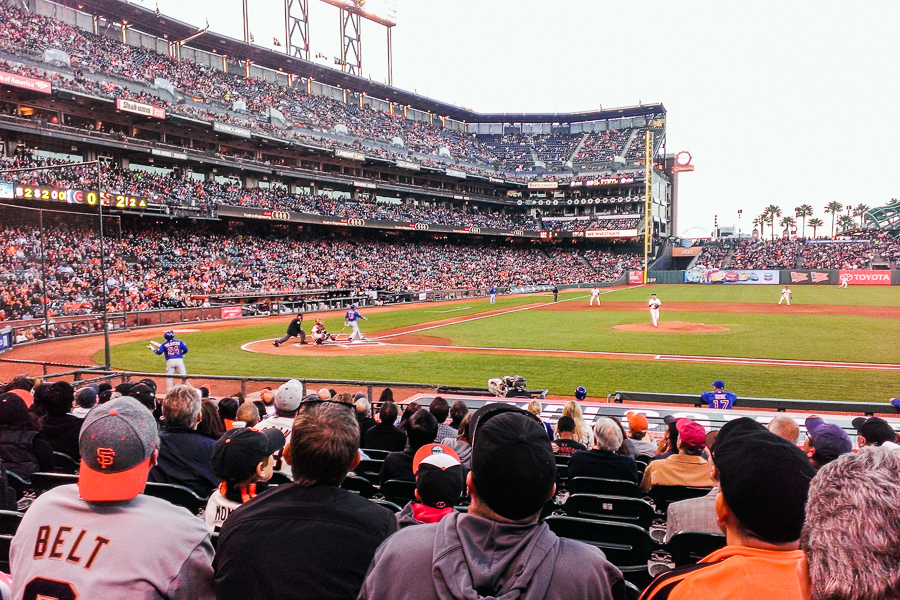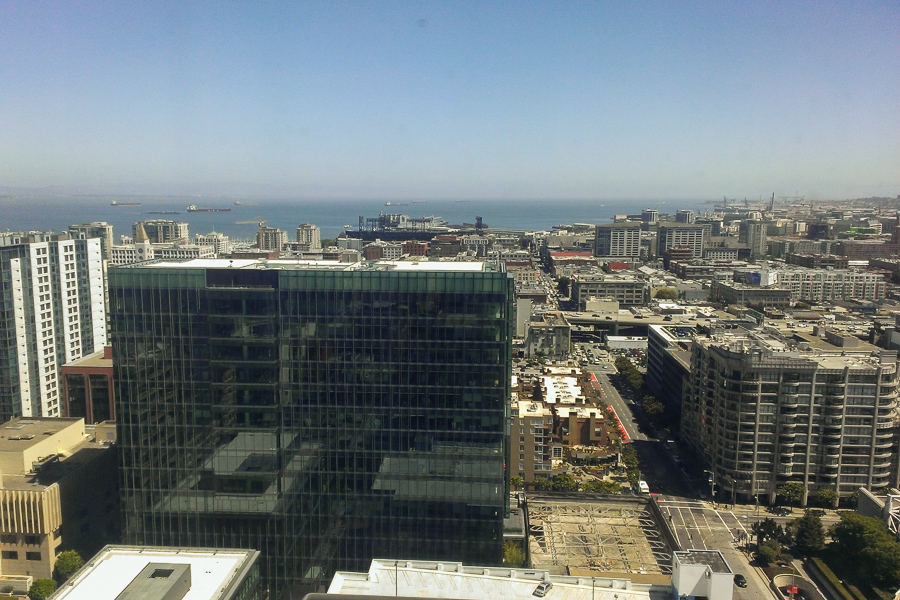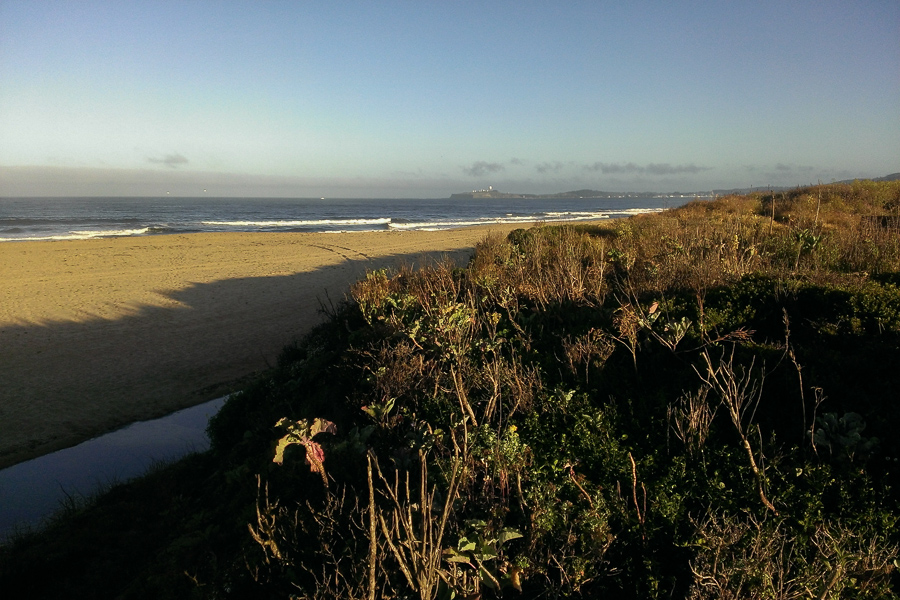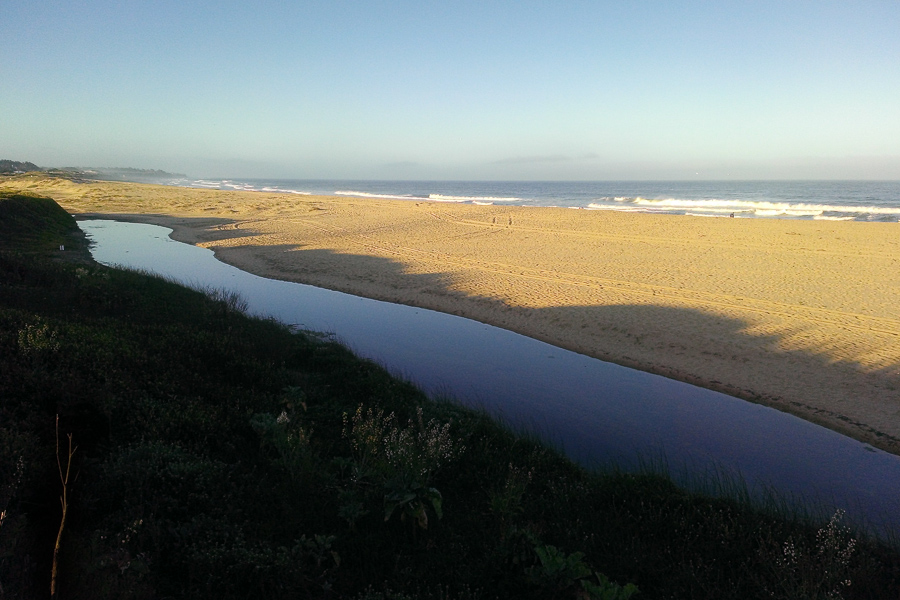I am here:

Actually, despite being content to read on most flights, and despite being without a full-time job until Monday, I actually have some work to do for my oldest surviving and most loyal client. If I'm lucky, Orlando has WiFi, and I can upload the changes I'm making right now. If not, I'll have to do it tomorrow night in London.
This will be an unusual trip for me. Because I didn't know for sure if I'd have this week off until just a few weeks ago, it was challenging to book this trip on miles. I wound up booking two one-way trips, with indirect routes and with the return trip originating in a different country than the outbound arrival city. So today I'm going to London's Gatwick airport via Orlando, then Wednesday I'm taking the Eurostar to Lille, France, Thursday on the TGV to Paris–De Gaulle thence New York's JFK, finally returning Friday, again through JFK.
This will be the first time I've traveled through Gatwick since 11 June 1992, my first visit ever to Europe. American no longer travels there, and British Airways doesn't fly many North American routes from there. In fact, my flight tonight will be on the rare 3-class 777—so rare that SeatGuru doesn't even have the right seating plan for it.
Other than this patch that my client needs this week, I plan to do nothing of value for the next three days except read and ingest. (Writing blog entries counts as "nothing of value.") Allons-y!
Apparently, extroverts will have to sit out the initial exploration of Mars:
[E]xtroverts tend to be talkative, but their gregarious nature may make them seem intrusive or demanding of attention in confined and isolated environments over the long term, the researchers say.
"You're talking about a very tiny vehicle, where people are in very isolated, very confined spaces," said study researcher Suzanne Bell, an associate professor of psychology at DePaul University in Chicago. "Extroverts have a little bit of a tough time in that situation."
In one study of a spacecraft simulation, an extroverted team member was ostracized by two other members who were more reserved, Bell said. "They thought he was too brash, and would speak his mind too much, and talk too much," Bell said.
The new findings don't mean that extroverts can't go to Mars. More specific studies are needed to look at how extroverts fare on these teams, and whether certain kinds of training could help prevent problems, Bell said.
Seriously, though. Imagine six people confined in an El car for nine months. Forgetting how Sartrian that situation is on its face, it seems obvious that if there were more introverts than extroverts, the extroverts would be sent to play outside. Reverse the demographics and the introverts would kill themselves.
All right, perhaps it wouldn't be that dire. But one can see the difficulties.
Everyone outside the U.S. use chip-and-PIN credit cards. That we still use magnetic strips explains how the U.S. accounted for half of all fraudulent transactions worldwide in 2012. Come October 2015, we'll get to the worldwide standard:
The switch will cost retailers hundreds of millions of dollars. But credit card companies have pushed for the change for years. Beginning in October 2015, they will start leaning harder on banks and merchants by shifting the legal liability for fraud to the party with the least-sophisticated technology. That will be a powerful incentive for retailers to upgrade their systems.
Those of us who travel internationally for business are already used to the difference between American readers and those used in much of the rest of the world—and the accompanying inconveniences. Many automated machines, which are common at petrol stations and supermarkets, do not accept American swipe-and-sign cards at all. And tell a European cashier that you want to sign for a transaction and you will often be met with a bemused look. For those Americans who don't yet have chip-and-pin cards (and that's most of us, since few banks offered them before last year), the coming change will eliminate that awkwardness once and for all. The bottom line for business travellers: if you're not already using a pin with your credit cards, get used to the idea—and start thinking of a good one.
Yes, one of the annoyances of traveling abroad right now is that when I present my chip-and-sign card overseas, I still have to sign a little chit. My bank says they'll switch to PIN with my next card, coming soon.
The SR-20 was the first GA airplane with a parachute. It means emergencies are a lot less likely to kill you, as an instructor and student pilot discovered yesterday:
Yesterday there was another dramatic save, near the very busy suburban airport Hanscom Field in the western suburbs of Boston. As you can see in a TV news report here (not embeddable) the plane for some reason had an engine failure; the woman who was serving as flight instructor calmly reported the situation to the tower, directed the plane during its powerless glide away from the very crowded Burlington shopping mall area and toward a marsh, then pulled the parachute handle, and landed safely with the male flight student. The news station video shows flight instructor and passenger both walking out from the plane.
The LiveATC capture of the air traffic control frequency conveys the drama of the event—and also the impressive calm of all involved. These include the flight instructor, starting with her first report that she is unable to make it back to the airport; the controller, who is juggling that plane's needs with the other normal flow of traffic into Hanscom field; and another pilot who is (it appears) from the same flight club and who immediately flies over to check the disabled plane's condition from above.
Of course, this works a lot better for a 1,300 kg four-seater than, for example, a 250,000 kg 777...
(Note: yesterdays accident involved a Cirrus SR-22, which is a slightly more powerful version of the SR-20.)
A whole list of interesting articles crossed my inbox overnight, but with only two days left in my job, I really haven't had time to read them all:
I can't wait to see what happens in the Virginia 7th this fall...
I appreciate my friends getting 5th-row seats at AT&T park tonight. And yet, the Cubs still lost.
So, voilà:

To clarify: I was legitimately surprised that my friends got such awesome seats. I was not surprised that, having won yesterday, the Cubs lost tonight.
I enjoy a healthy dose of randomness when traveling, because it means sometimes you get a hotel room with this view:

It's hard to see, but I'm looking directly at AT&T Park, where the Cubs are playing in about two hours. Since they won last night, I fully expect they've used up their allotted runs for the rest of May, but it will still be fun to see a baseball game.
Another gratuitous ocean photo:

One of the best parts about visiting my folks:

When I go anywhere for only a couple of days, I try not to shift my body clock. It prevents jet lag, mostly.
This weekend I'm at my folks' house outside San Francisco, which has a two-hour time difference from Chicago. That is why I woke up at 5am and walked to the local Peet's Coffee, as I usually do.
This trip I may allow my clock to drift westward, though. I'm going to Tuesday night's Cubs game at AT&T Park at 7:05pm—9:05pm Central time—and would like to see the whole game. The Cubs might even win. I mean, they have a 1-in-3 shot, right?
I do like getting to the Peet's this early, though. First, the just-before-dawn walk is quiet and even a little spooky down the local bike trail, but today I got a tremendous view of the crescent Moon and Venus, which are passing just 2° from each other this morning. I'm never up this early at home unless I'm still up, which hasn't happened in years anyway.
Second, the Peet's is quiet right now. In two hours it'll be packed with families and locals (the fishermen who stay here for hours at a time most mornings are more colorful than any of the characters at the Alibi Room). Time to write for a bit, and wait for the rest of my family to wake up.